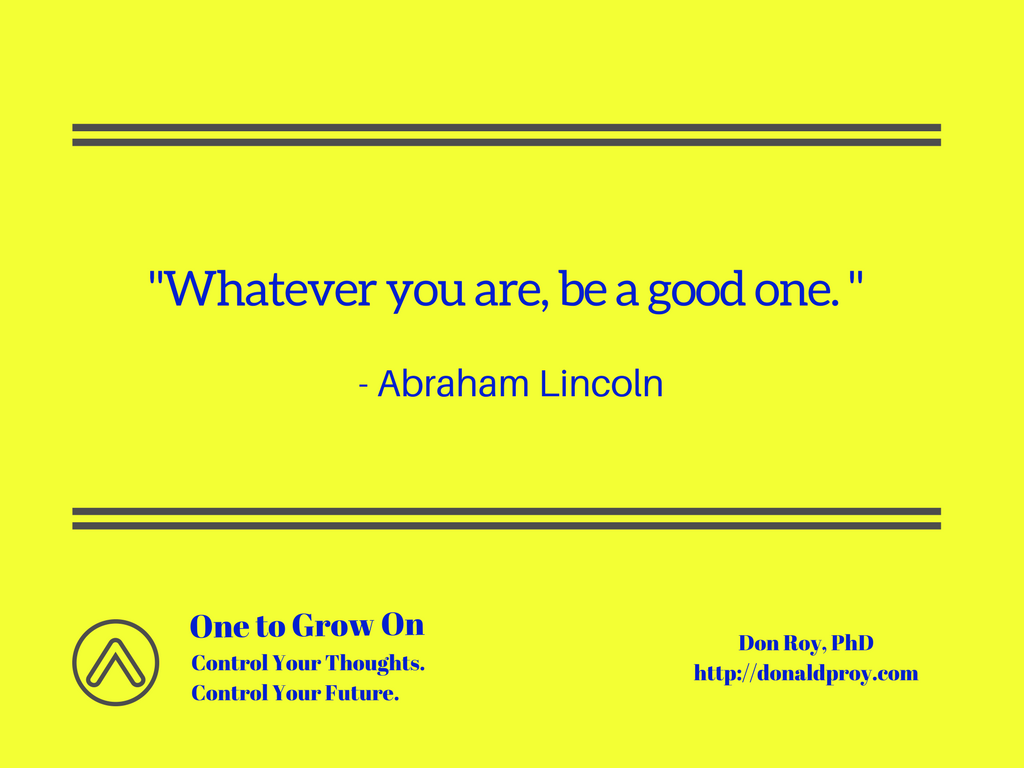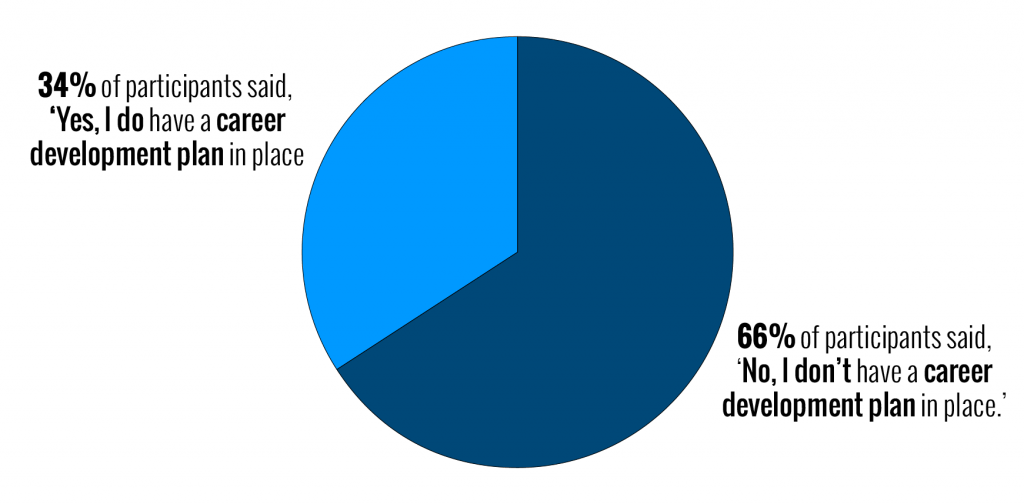The month of May is an exciting time in my world as a college professor. Graduation ceremonies are a rite of passage as students move from college to career. The National Center for Education Statistics estimates more than 1.8 million college degrees will be conferred in 2018-19. Although the current unemployment rate is a low 3.9%, new grads must not be lulled into false security that a job is waiting on them.
Launching is Hard
The sheer number of college graduates, coupled with persons looking to overcome underemployment or discover new opportunity, requires positioning your personal brand to compete to win. Anxiety, pressure, and even frustration are states I observe many people on both sides of graduation day struggling to handle.
It can be scary not knowing the next step in your life. No amount of note taking, studying, and preparing results in automatically landing a job. You are unlikely to find a course like “What Should I Do with My Life?” offered in college. That said, certain strategies should be avoided that will almost certainly stall your career launch.
Three Career Launch Obstacles
While there is no one-size-fits-all method for landing an entry-level position, some approaches are doomed to failure. In recent weeks, I have observed three approaches that are not working. How do I know? The people using them are no closer to their goal than when they began. Instead, they become obstacles to the first job after college. Be on guard against the following behaviors creeping into your career launch process:
The Waiter
We like to think our credentials and qualifications speak for themselves. The reality is we must communicate our value to prospective employers. We must find jobs as they will not find us! A graduate who encourages friends to “hit me up if you know of any opportunities” will likely experience silence. Don’t wait—make something happen.
I am not suggesting overlooking the value of network connections. Every good job opportunity I have ever had involved an assist from someone in my network. Your connections can help you if you inform them of your plans and goals. Then, it is easier for them to “hit you up” with leads.
The Loather
Adversity and rejection can create negative attitudes toward career launch. Becoming discouraged is more likely to occur when competing in fields for which there is intense competition. I counsel many students who aspire to work in sports business. It is common for a given position to have hundreds of applicants for a single position. Feeling jaded when search efforts go nowhere is not surprising.
I came across a tweet from someone who obviously was a sport management major in college. The person lamented that after five years after graduation she was no closer to launching a career in the field. I felt sorry for her… until I checked out her Twitter profile and feed. The content of her Twitter activity gave zero indication she was a person interested in or engaged with sports business. Her loathing of the difficulties of launching a career are stronger than efforts to break into the field, at least at first glance (and that is often the only glance one will get from others).
The Panicker
In contrast to the Waiter and Loather, the Panicker takes a more proactive stance to finding their first position. However, the approach taken needs refinement. The Panicker is ready to launch, but their eagerness gets in the way of articulating their value. They come across as willing to do anything regardless of fit.
An unintended consequence of their search is perceptions that they are unfocused or desperate. Trading in the shotgun for a laser can address these perceptions. A more targeted search can yield a stronger match between one’s value proposition and an employer’s needs.
Launching is Hard Redux
I realize the above discussion offers little in the way of solutions to launching a career. My observations of three behaviors that impede career launch reinforce the idea that the search can be challenging, frustrating, and demoralizing. The takeaway is to be aware of the presence of these career launch obstacles. They are normal states into which we can fall during career (re)launch. The key to overcoming them is to recognize their existence and not allow them to guide your behavior as you navigate the process.







